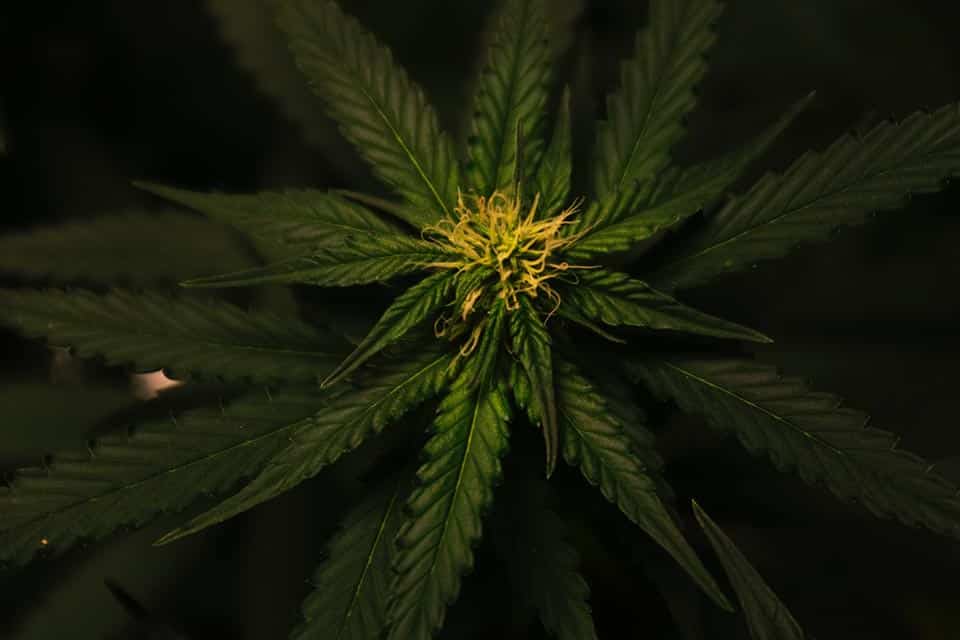Terpenes Are Everywhere
Terpenes are oils that contribute to the way a plant smells, tastes and looks. For example, when you smell a sprig of basil before adding it to your sauce or when you walk by and sniff a flower; these strongly scented oils are present in an abundance of plants, foods, and even some animals. It is estimated that there are around 25,0000 different terpenoids out there, in flowers, plants, and foods that are around you every day.
Hemp Contains Terpenes
There are over one hundred different terpenes in a hemp plant, which is responsible for the color, smell, and taste of each different strain. They directly impact the quality and medical efficacy of the cannabinoids in a particular strain of hemp. This compels some growers to fine-tune their strains to capture the very best and most appealing terpenes, creating hybrids, blends and compounds that result in more effective or higher-quality hemp. This also allows growers to choose and assign various strains to specific side effects that could prove beneficial to the consumer.
The “Entourage Effect”
Since there are so many different terpenes that can account for various side effects and medicinal uses, it makes sense to consider the holistic advantages of the whole plant. Whole-plant medicine considers the entourage effect, which basically begs the question, why settle for specific parts of the plant when you can benefit from the effective combination of terpenes in the whole plant? Broad Spectrum hemp extract products utilize the whole plant, creating a wider variety of benefits and potential for consumers widely.
Consider the advantages that terpenes play in plants. Also think about how whole-plant medicine, such as broad-spectrum hemp extract, can provide more benefits and efficacy to the consumer than mere parts of plant strains can’t possibly encompass. When you smell, taste or feel the effects of hemp, terpenes are at work, and it makes sense to choose a product that embraces and utilizes every benefit that the whole plant has to offer.

